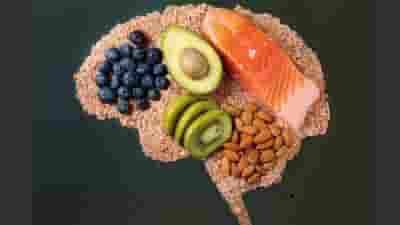
Keeping the brain in the best shape is crucial for overall health and wellness. In today’s time, where many are overwhelmed with work and personal responsibilities, being forgetful and losing focus has become increasingly common.
Dr. Arun L. Naik, a leading neurosurgeon trained at All India Institute of Medical Sciences (AIIMS), New Delhi, has now shared some science-backed tips to stay sharp and focused.
The neurosurgeon says that the key to sharper memory and improved focus lies in one powerful neurotransmitter, acetylcholine.
What is acetylcholine

Acetylcholine is a neurotransmitter that acts as a communication bridge between neurons. It acts as a chemical messenger that transmits signals between nerve cells and from nerves to muscles. From voluntary muscle movement to complex brain functions such as memory and attention, this neurotransmitter influences nearly every part of the nervous system. Low acetylcholine levels can lead to forgetfulness, difficulty concentrating, and even muscle weakness. Conditions like Alzheimer’s disease are linked to acetylcholine deficits. “As we age, acetylcholine levels can decline, particularly in neurodegenerative conditions like Alzheimer’s disease, where the cholinergic system is one of the first to deteriorate. This has led to the use of acetylcholinesterase inhibitors (like donepezil) in treatment, aimed at increasing available acetylcholine in the brain,” the surgeon wrote in a shared on Instagram.
The key is to boost acetylcholine to enhance cognitive performance and mental clarity. The neurosurgeon has shared some tips on how simple lifestyle changes and dietary choices can help you maintain healthy levels without medication. Let’s take a look.
How to naturally boost acetylcholine

Certain lifestyle changes can help boost acetylcholine. Dr. Naik has suggested making the following changes.
What are acetylcholine-rich foods

Diet plays a pivotal role in acetylcholine production. Choline, a nutrient found in certain foods, is the building block for this neurotransmitter. The neurosurgeon has recommended adding these acetylcholine-friendly foods into your diet.